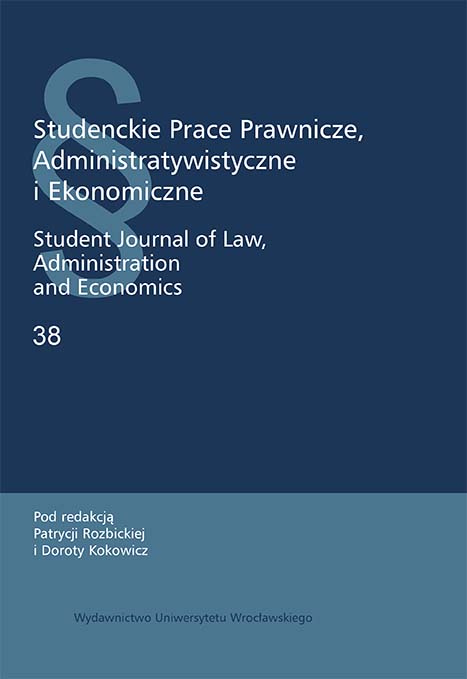

Articles

This article reports on a fragment of a wider field research conducted for the purposes of a habilitation dissertation. Describing the post-Soviet religious identity in large Siberian cities, the study examined people who declared significant religious experiences and were representatives of metropolitan Catholic parishes as well asof other groups who came in contact with them. The focus was on the biographical interviews of the “breakthrough generation” (1970s/1980s) representatives. For the purposes of this text, the analysis was narrowed down to the topic of socialization within the structures of oktyabryata/pioneers/Komsomol. The aforementioned theme turned out to be very productive.
Descriptions of Soviet socialization at school were often narrowed down to pioneer appointment ceremonies. The initiation could be interpreted by the interlocutor himself as: 1. the event constituting the universe and as the first remembered spiritual emotion (even compared to a religious emotion), 2. a natural stage of life, a typical element of a biography, described in some cases as an experience heralding disintegration, bankruptcy of ideology, 3. as an incompletely realized act of oppression, or 4. as a rejected event, initiating opposition and alternative actions/searches.
There was no retrospective negative revalorization in any of the four variants mentioned. This was also the case with the clergy respondents. Interestingly, the descriptions of the “new socialist rituals” were extensive only in men and hardly ever occurred in Ulan-Ude. This, in turn, shows that atheistic socialization turned out to be less effective, firstly, for women, and secondly, in those areas for which variants adapted to rituals other than Protestant, Orthodox, and Catholic ones had not been developed.